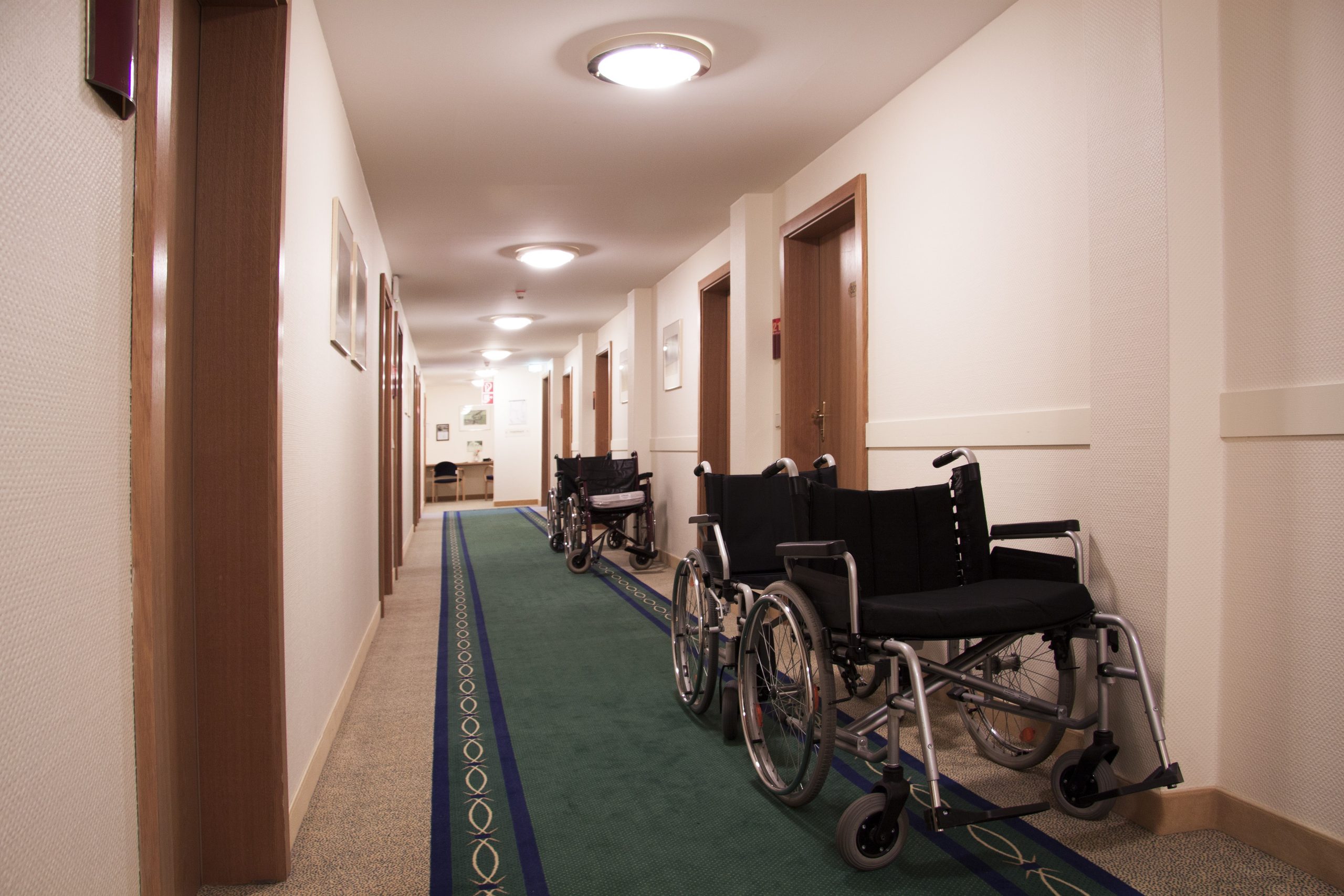The report by the National Disability Insurance Scheme (NDIS) Quality and Safeguards Commission examined seven providers that run Australian disability group homes, across the period of July 2018 to September 2022.
The over 7,000 reported incidents are particularly concerning as fewer than 20,000 people with disability live in disability group homes, suggesting a high rate of these incidents.
The report’s findings regarding disability group homes include:
- 122 incidents of unlawful sexual contact of a NDIS participant — including a support worker exposing pornographic material to a person with disability
- 960 incidents of unlawful physical conduct — including the alleged sexual assault of a person with disability by either a support worker or another person with disability
- 1,700 incidents of serious injury
- 1,700 incidents of abuse
- 1,300 incidents of neglect
The disability group home report was the result of an inquiry into disability group homes, with the aim of identifying trends in issues within the sector and how to fix them.
It found that many of the issues in group homes were caused by some of the workforce having a “negative attitude and aptitude”.
The report also noted that it is common for those in group homes to have less choice and control over their NDIS supports in comparison to other NDIS participants. This suggests those in group homes need more support in exercising their right to choice and control of their support.
In an interview with the ABC, NDIS Minister Bill Shorten acknowledged the extraordinary and disappointing number of incidents.
He noted that the people living in supported accommodations often may have complex support needs, including significant physical or intellectual disabilities.
“We seem to be learning the same lessons that we should have already learned,” he said.
“We’ve got to be much better at communicating directly with people with disability in supported accommodation, otherwise they’re vulnerable.
“We’ve got to do much better at educating the individuals in the homes, about their rights, and making sure that we check in on them.
“It’s important to make sure that they’re not getting ignored by the systems, and obligations to make sure that they’re safe.”
Minister Shorten also agreed with the report’s conclusion that there is a need for change in the regulation of disability group home settings.






